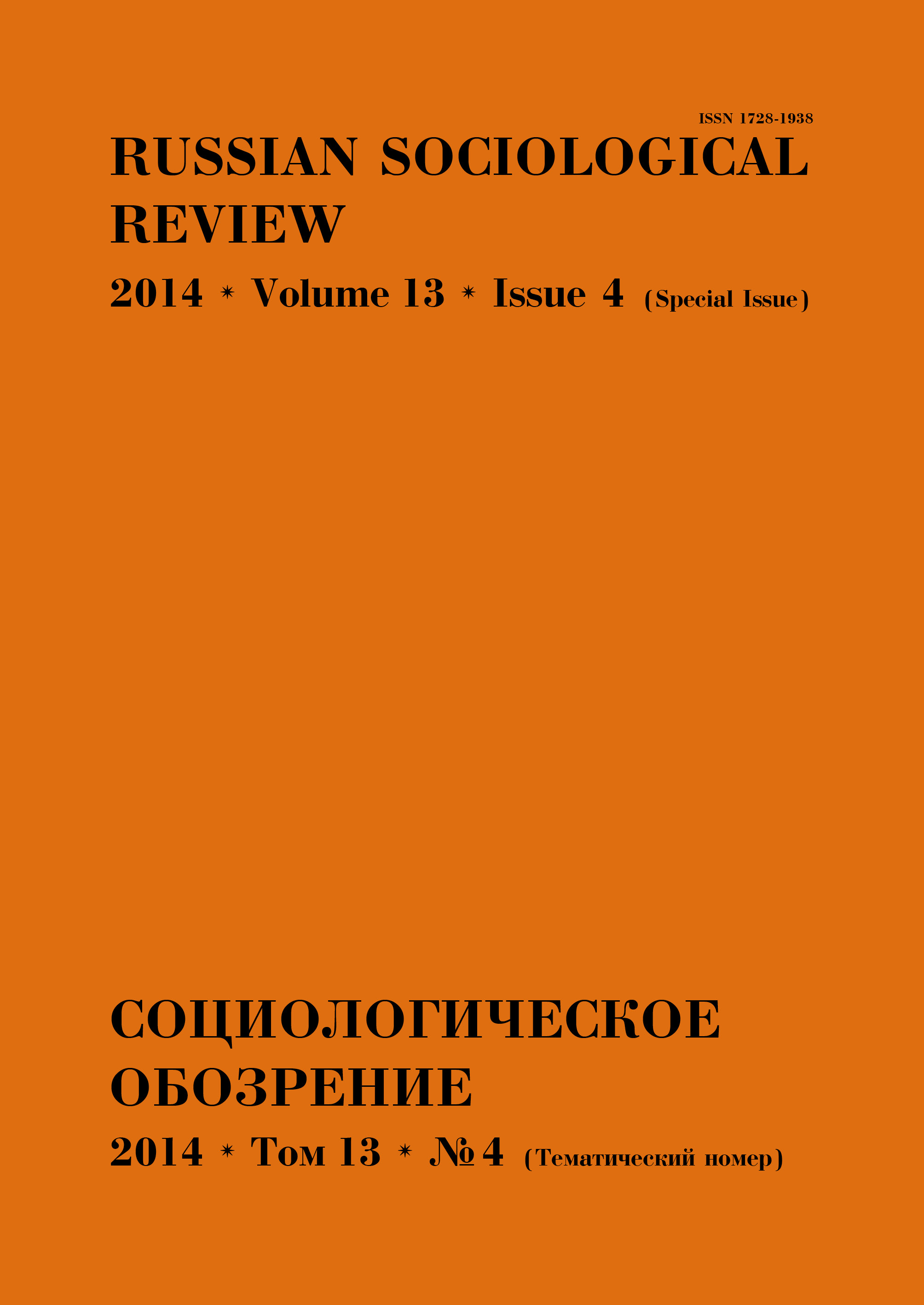Bordering Wastelands
Keywords:
postsocialism, recycling, sustainability, Nordic values, translation and adaptation of values, construction of the other, Barents Euro-Arctic Region, Karelia
Abstract
In this anthropological study, I examine how a particular state and regional border is crossed in the context of a joint socio-ecological project concerning recycling waste in Karelia. During a two-year, multilevel project, cooperation developed between the Petrozavodsk municipality and its northern partners under the auspices of the Nordic Council of Ministers. This cooperation was advanced particularly through the eastward translation of values, including early education and sustainable behavior, which were consistent within broader international border relations across the Barents Euro-Arctic Region. The process of the taking over of these imported Nordic values and knowledge, and adapting them to the everyday and professional life of the local participants of the project went hand in hand with the perpetuation of cultural cross-border stereotypes. The idea of marking home from foreign became equally applicable to the space within a much smaller entity, such as a condominium, a round-table in a discussion room, or a city flowerbed, particularly when the construction of the border intersected with the construction of the other. Invisible barriers, as well as physical objects, can demarcate the divide between individuals of the same nationality and cultural background who need to claim, protect, and reconstruct a personal connection to a piece of land.Downloads
Download data is not yet available.
Published
2015-01-03
How to Cite
ПашковскаяЕ. (2015). Bordering Wastelands. Russian Sociological Review, 13(4), 116-136. Retrieved from https://ojs.hse.ru/index.php/sociologica/article/view/101
Issue
Section
Papers and essays




